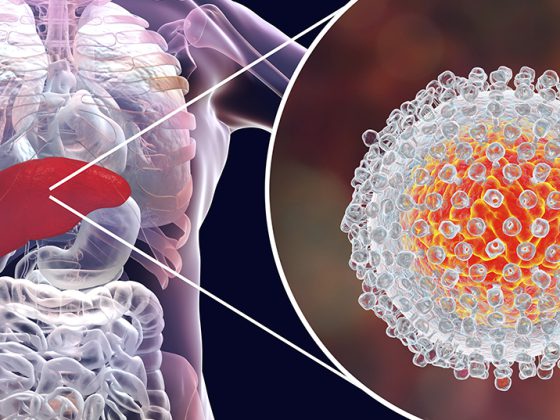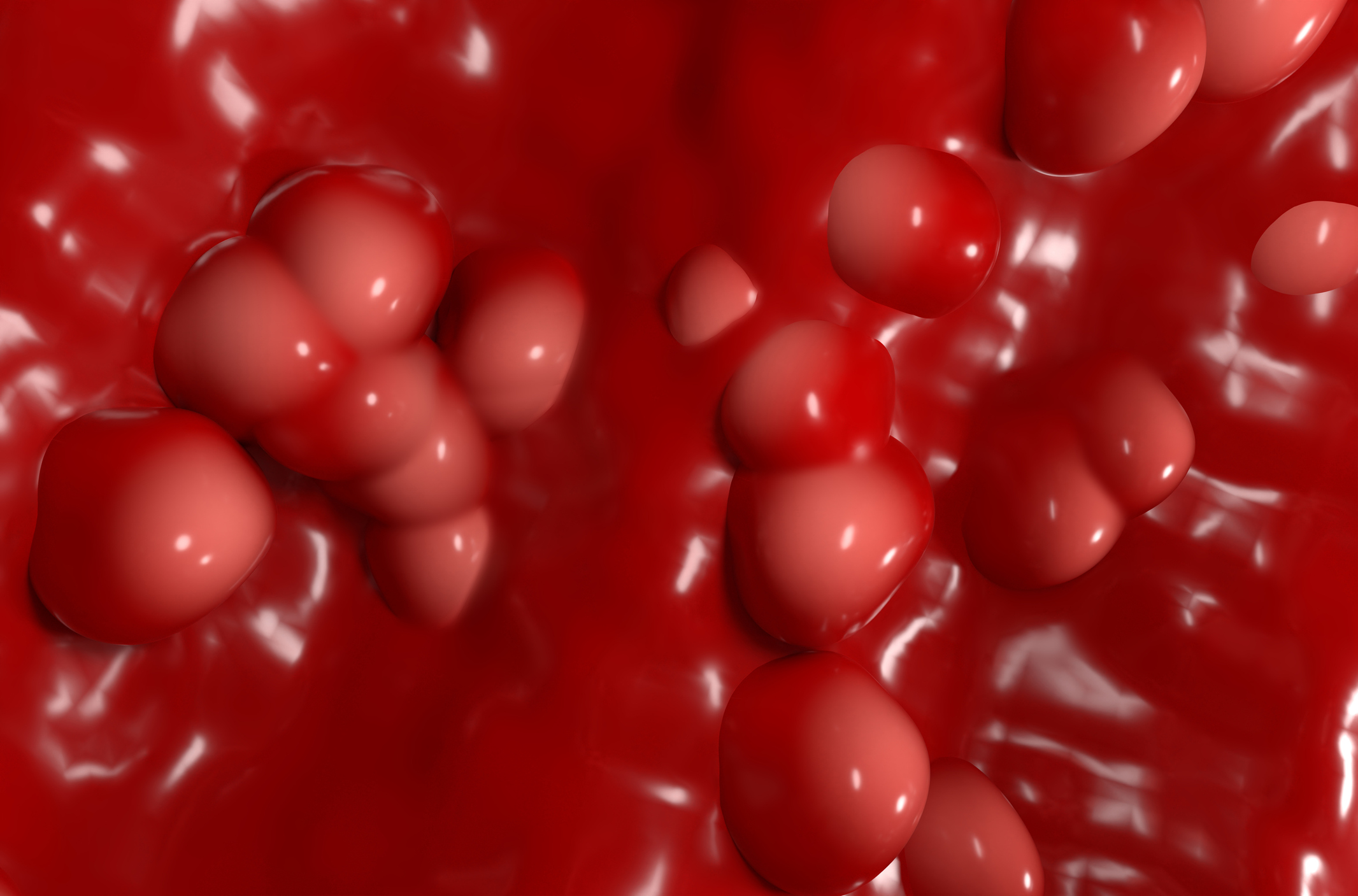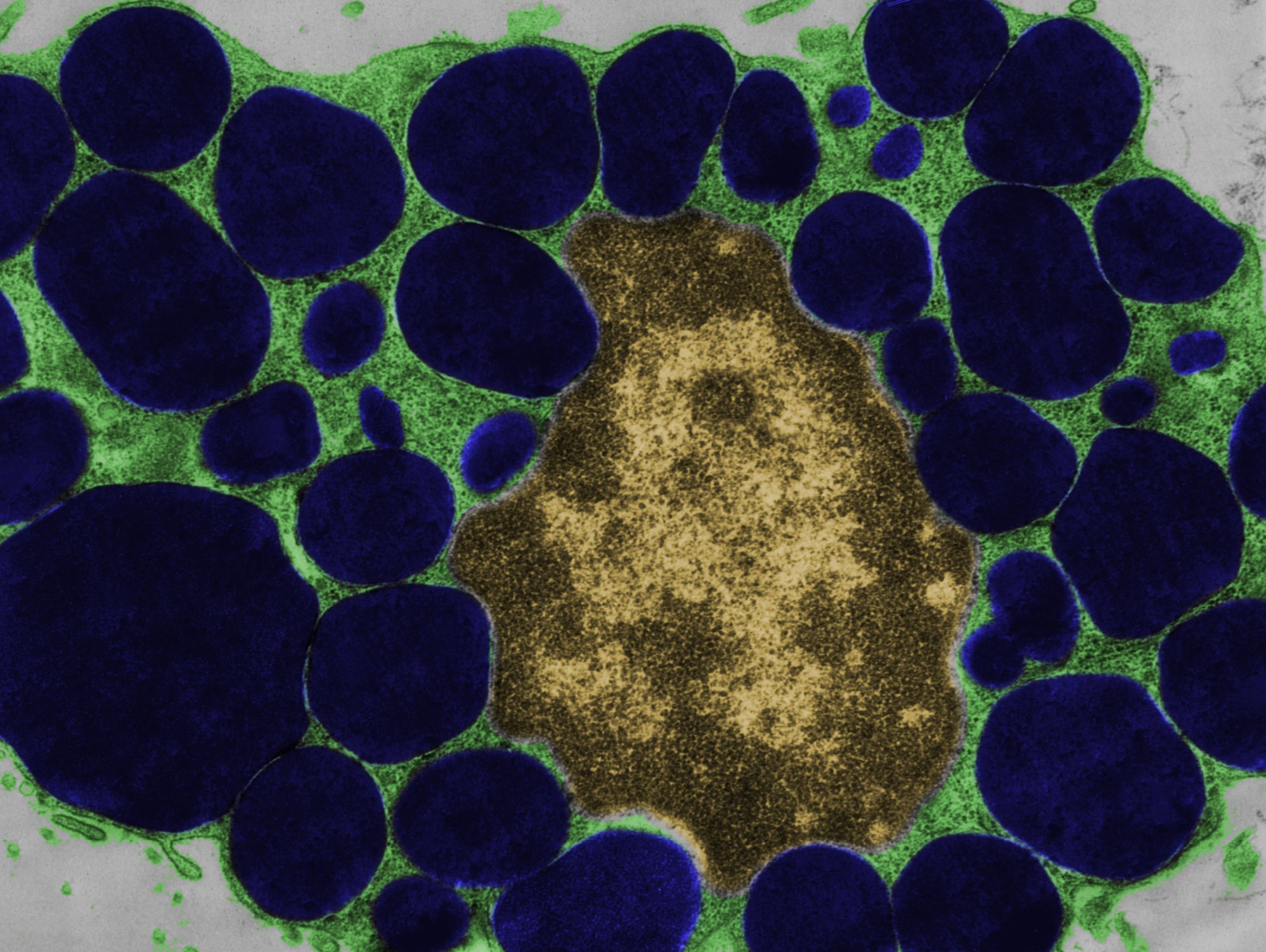Liver cancer is the third leading cause of cancer-related deaths worldwide. To date, treatment options for two liver cancers, hepatocellular carcinoma (HCC) and cholangiocarcinoma (CCA), have been inadequate, while new cases are on the rise. Hope has now been raised by a study conducted by researchers at the Hannover Medical School (MHH) and the Helmholtz Centre for Infection Research (HZI).
A vaccine based on a highly attenuated infectious agent called Listeria monocytogenes was shown to be safe and effective in protecting against premalignant and malignant liver disease in preclinical mouse models. “Our Listeria-based vaccine delivers tumor-specific antigens while rapidly and efficiently activating an immune response that actively targets the liver tumor. As a result, the activated immune system keeps the growth of the liver tumor under control,” explains Dr. Tetyana Yevsa, coordinator of the study and head of the research group in the Department of Gastroenterology, Hepatology and Endocrinology at MHH.
“In prophylactic vaccination of healthy mice in which liver cancer was later induced, survival increased to 100 percent when vaccinated twice. The vaccine also proved safe in mice with liver fibrosis, which belong to the risk group for the development of liver cancer, and was also able to activate the immune system. This is particularly necessary to detect premalignant cells that can form into tumors and eliminate them at an early stage,” says first author and doctoral student Inga Hochnadel, who conducts research in the MHH working group headed by Dr. Tetyana Yevsa.
“In the case of pre-existing tumor, therapeutic use of the vaccine proved to be somewhat more complicated,” adds co-first author Lisa Hönicke, PhD, who conducted research under the direction of Tetyana Yevsa, PhD. “When combined with antibody therapy, which is standard of care for liver cancer patients, Listeria vaccination was shown to be more effective than antibody or Listeria therapy alone and prolonged mouse survival even in advanced stages of disease, giving us all great hope for such combination therapy in the clinic.”
“All-in-One”
For the researchers, the Listeria monocytogenes-based vaccine is an “all-in-one package”: “The Listeria-based vaccine activates the immune system, but without triggering an infection, and proves to be very safe. One advantage of this vaccine is that it can be adapted with little effort and a wide variety of tumor-specific antigens can be integrated,” says Professor Dr. Dunja Bruder, head of the Immunoregulation research group at the HZI.
Mouse models reflect the human disease pattern
“Tumor development in the preclinical mouse models we have established is similar to what we see in humans,” said Dr. Tetyana Yevsa. “Therefore, mouse data provide transferable insights to liver cancer patients, for example, in terms of drug efficacy. Consequently, the models have high clinical relevance.”
The original paper can be found at:
https://www.nature.com/articles/s41388-022-02222-z#Sec18











